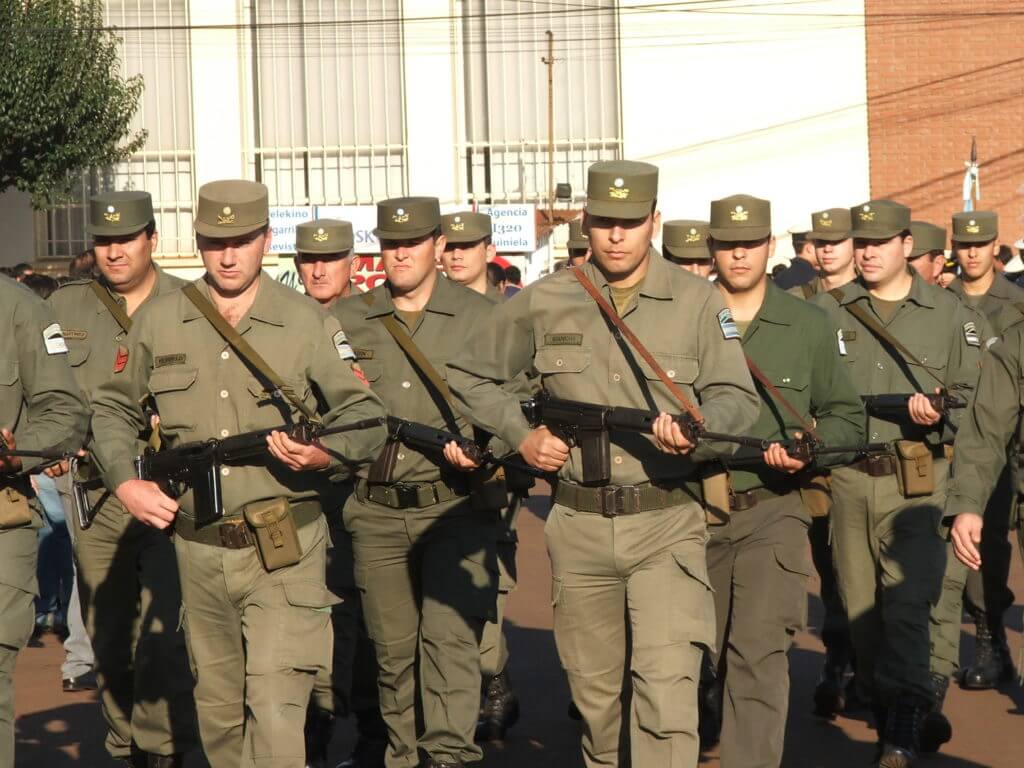Buenos Aires, Argentina — President Javier Milei’s political movement suffered its first major electoral defeat on September 7 in local legislative elections for Argentina’s largest province, Buenos Aires.
Fuerza Patria (Patriotic Force), an alliance that includes the opposition Judicialist Party, secured nearly half of the votes, while Milei’s La Libertad Avanza party came in second with about one-third of votes.
The results add pressure to Milei’s government ahead of midterm elections in October. The self described anarcho-capitalist leader is hoping to secure enough support in Congress to avoid challenges to his often controversial spending cuts.
Nearly 40% of Argentina’s electorate is located within Buenos Aires province. On Sunday, Fuerza Patria raked in 47.28% of votes in the province (about 3.8 million), helping them to secure the first, third and eighth districts, which mostly encompass urban areas around the country’s capital. The coalition also captured more rural areas of the province, including the second, fourth and seventh districts.
La Libertad Avanza on the other hand won 33.71% ( or 2.7 million votes) taking only the fifth and sixth districts, both located in rural areas.
Plagued by a corruption scandal involving a dubious cryptocurrency as well as a slowing economy, the Buenos Aires provincial elections were another blow to Milei’s party, who had won elections in the city of Buenos Aires in May. In recent months, however, the libertarian La Libertad Avanza has lost in nine provincial elections, including in Salta, San Luis, Jujuy, Misiones, Formosa, Santa Fe, and Corrientes. Milei’s party was able to secure a win in Chaco, thanks to an alliance with the provincial governor, Leandro Zdero.
Emerging as the big winner in Sunday’s elections, Buenos Aires Governor Axel Kicillof was credited with strategically separating the Buenos Aires Province legislative elections from national midterm elections that will be held later in October in an effort to pull support from Milei’s candidates. (Kicillof himself wasn’t up for reelection on Sunday).
“The ballot boxes, with a 13-point margin, showed Milei that you can no longer govern with hatred, with insults, that you cannot abandon people with disabilities,” Kicillof said on Sunday from La Plata, the provincial capital.

The governor also challenged Milei directly in his speech, saying, “Milei, the people gave you an order. You can’t govern for those from outside, for the corporations, for those who have the most. Listen to the people. We have to meet as the authority of the province where 40% of Argentines live. I await your call. Have the courage and bravery to call, work and reach an agreement.”
Admitting defeat, Milei said the result “wasn’t positive,” but claimed it was “the ground floor from which we will start work” to turn things around for the October 26 midterms.
“There’s no option to repeat our mistakes. We will correct them,” Milei said. He later added, “Despite this electoral result, I want to tell Argentines that the objective for which we were elected will not change. It will be re-doubled.”
Milei’s movement’s defeat also had an impact on markets. The peso lost 5.6% on the dollar before returning to 3.1% at the end of trading, according to Reuters. The country’s risk index jumped 1,000 points, and Morgan Stanley withdrew its “like” recommendation on Argentine bonds.
It was the economy, stupid
Over the past six months, Argentina’s economic situation has steadily worsened, particularly affecting Buenos Aires province, which relies heavily on commerce and construction. The downturn played a key role in the election, according to Hernán Vanoli, director of Sentimientos Públicos (Public Feelings), one of the few pollsters to predict a strong victory for Fuerza Patria.
“While nobody believed that inflation was actually 2% a month, as official statistics show, people felt the situation was improving. This is something previous governments couldn’t accomplish,” Vanoli told Argentina Reports. “But if salaries aren’t rising at the same rate as electricity, health care or grocery bills, and there’s no improvement in sight, people get frustrated,” he added.
If the economic situation was already bad, recent corruption scandals involving the president’s sister, Karina Milei, dealt another blow to the libertarians. “People accept corruption as implicit and inherent in modern politics, which they view as morally atrocious,” Vanoli explained.
Read more: Javier Milei’s campaign caravan attacked amid corruption allegations in Argentina
“People tolerate it because they want to go on with their lives, but they don’t validate it. There’s a difference. When the economy is good, they tolerate corruption but don’t validate it. When the situation is bad, tolerance ends. It’s about prioritizing sources of stress,” the sociologist said.
“Common people will always prefer an honest person to a corrupt one,” he added. One of the appeals of Milei’s campaign was that he rejected the political “Caste,” the corrupt elite that, he claimed, had long ruled Argentina and to which he did not belong. The recent scandals challenged that image.
“Aside from people who already opposed Milei, most people weren’t scandalized by his sister’s corruption,” Vanoli said. “In fact, some saw him as a victim of his sister.”
The scandal, however, helped spread the idea that Milei’s government was “directionless, lost in the midst of a hurtful adjustment of the economy, incapable of giving good news.” Vanoli added, “A government that was tough on everyone except politicians.”
Featured image credit:
Image: Javier Milei on the campaign trail
Author: Santiago Oría on Instagram
Source: Santiago Oría on Instagram










